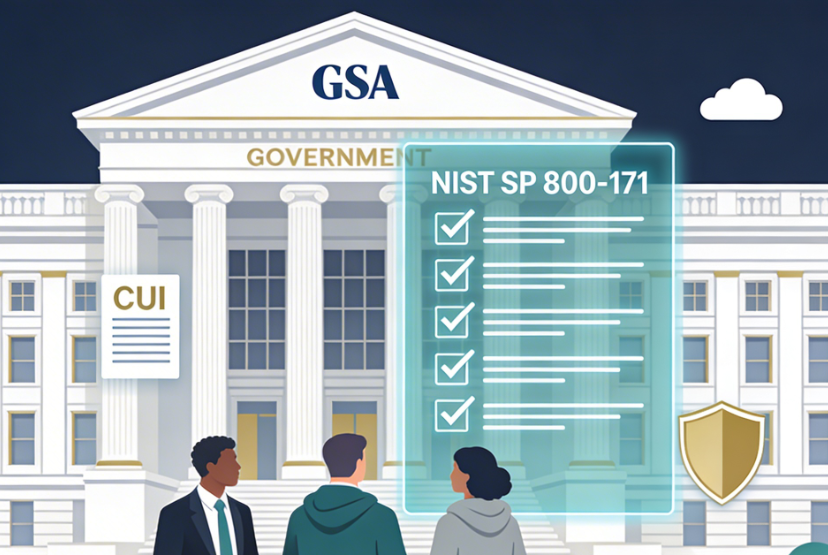Governance, Risk, and Compliance (GRC) leaders are recalibrating their priorities for 2025, with recent global surveys of GRC professionals revealing a sharp focus on regulatory complexity, operational resilience, cybersecurity, and artificial intelligence (AI) in risk management.
Here’s what MSPs need to know to align their services with client priorities.
Regulatory Complexity Remains the Top Challenge
Across multiple surveys, regulatory complexity is consistently cited as the foremost concern. Over half of GRC professionals (51%) identified navigating a rapidly evolving regulatory ecosystem as their biggest challenge this year, with new laws and sector-specific regulations like GDPR, CCPA, DORA, and NIS2 adding layers of compliance requirements. In PwC’s 2025 Global Compliance Survey, 85% of respondents said compliance requirements have grown more complex over the past three years, and 64% of CEOs see regulation as the primary barrier to business reinvention and value delivery.
Key Takeaway for MSPs:
MSPs should offer up-to-date compliance expertise, help clients interpret new regulations, and provide tools or services that simplify compliance management across multiple frameworks.
Operational and Enterprise Resilience Is a Strategic Imperative
GRC leaders are increasingly prioritizing enterprise resilience. According to the MetricStream 2025 GRC Practitioner Survey, integrated programs to manage emerging risks and resilience requirements are now central to GRC strategies. The KPMG Risk & Resilience Survey found that only 48% of organizations have centralized risk and resilience structures, yet those that do are significantly more mature in handling disruptions and are more likely to use advanced analytics and GRC technologies.
Key Takeaway for MSPs:
MSPs can add value by helping clients centralize risk management, conduct regular resilience testing, and implement advanced monitoring tools to prepare for and respond to disruptions.
Cybersecurity and Data Privacy Dominate Risk Agendas
Cyber risk remains the most significant challenge for organizations, with 57% of C-suite leaders ranking it as their top concern for the next five years, followed by data privacy and technology risk. GRC leaders are seeking integrated solutions that address both compliance and cyber threats in a holistic manner.
Key Takeaway for MSPs:
MSPs should integrate cybersecurity and privacy controls into their GRC offerings, ensuring clients are protected against both regulatory penalties and emerging digital threats.
AI’s Growing Role in GRC
AI is rapidly becoming a cornerstone of GRC programs. The 2025 MetricStream survey highlights growing optimism about AI’s potential to automate compliance, enhance risk detection, and drive operational efficiency. Though it’s not quite ready to handle compliance without human assistance, AI is being increasingly used for predictive analytics, continuous monitoring, automated audit workflows, and real-time anomaly detection.
Key Takeaway for MSPs:
Embrace GRC tools that can automate routine compliance tasks, deliver predictive risk insights, and provide continuous monitoring for clients. Educate clients on the benefits and limitations of AI in GRC, including the importance of transparency and ethical use.
Budgets and Optimism Are on the Rise
Despite these challenges, GRC leaders remain optimistic: 92% expect their risk and compliance strategies to improve, and 77% anticipate steady or increased budgets for GRC initiatives in 2025. This signals a willingness to invest in new technologies and partnerships.
Key Takeaway for MSPs:
There is a clear opportunity for MSPs to expand GRC-related services, including Compliance-as-a-Service, virtual CISO offerings, and integrated risk management platforms.
Final Thoughts
For MSPs, these survey insights underscore the importance of staying ahead of regulatory trends, building resilience, and integrating compliance into their security programs. By aligning services with these priorities, MSPs can position themselves as indispensable partners in their clients’ GRC journeys.



